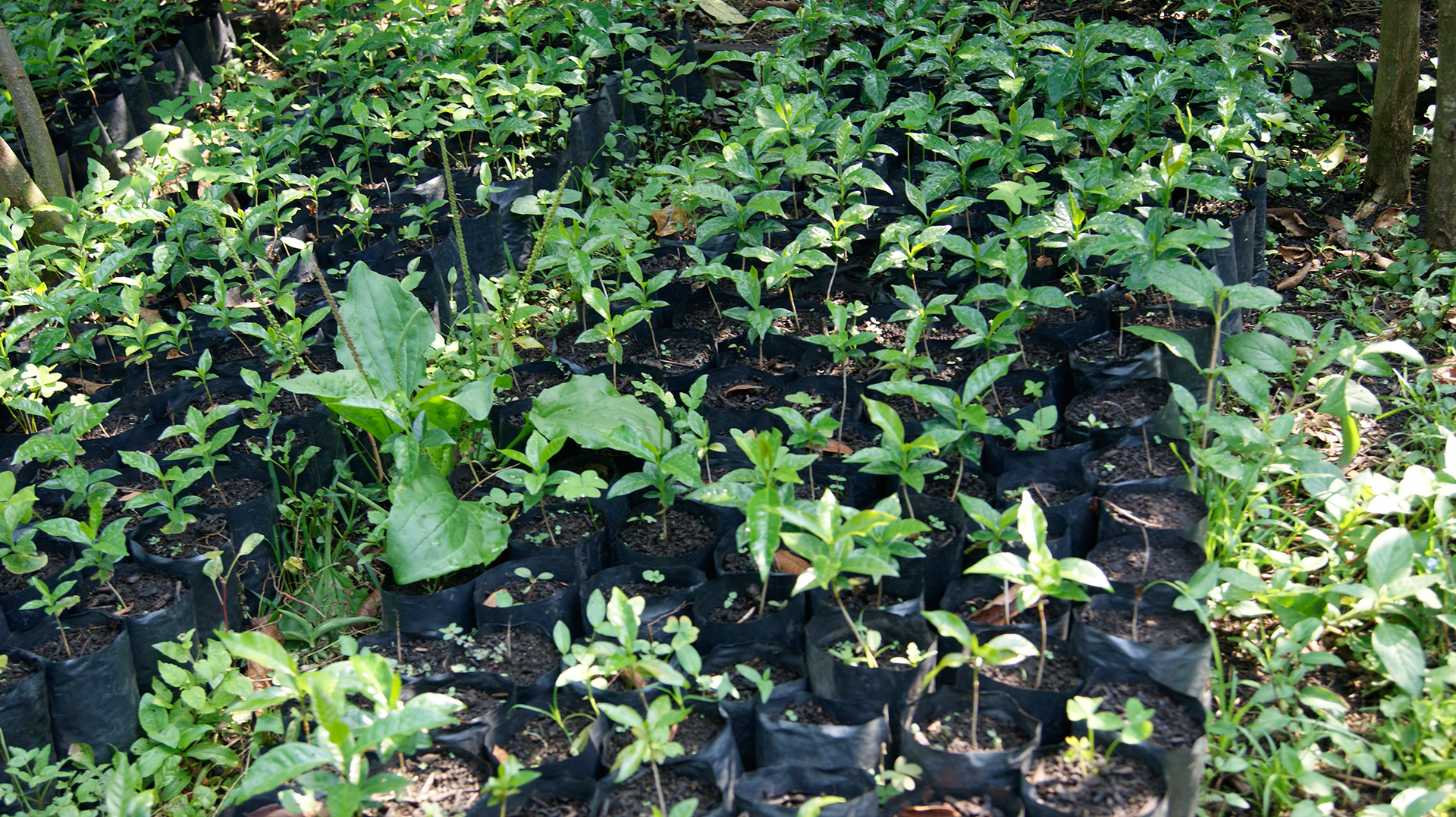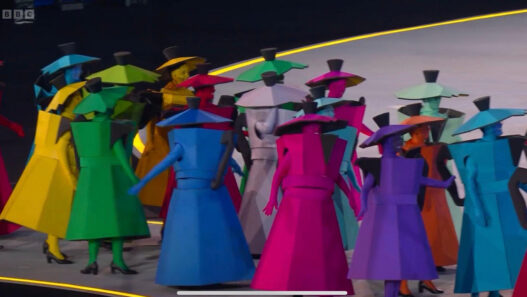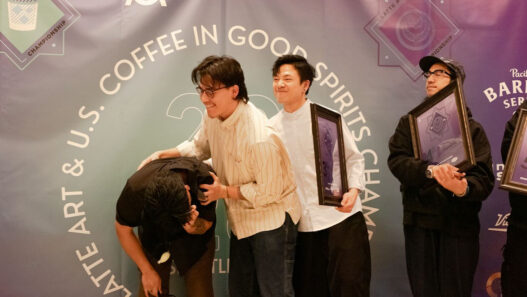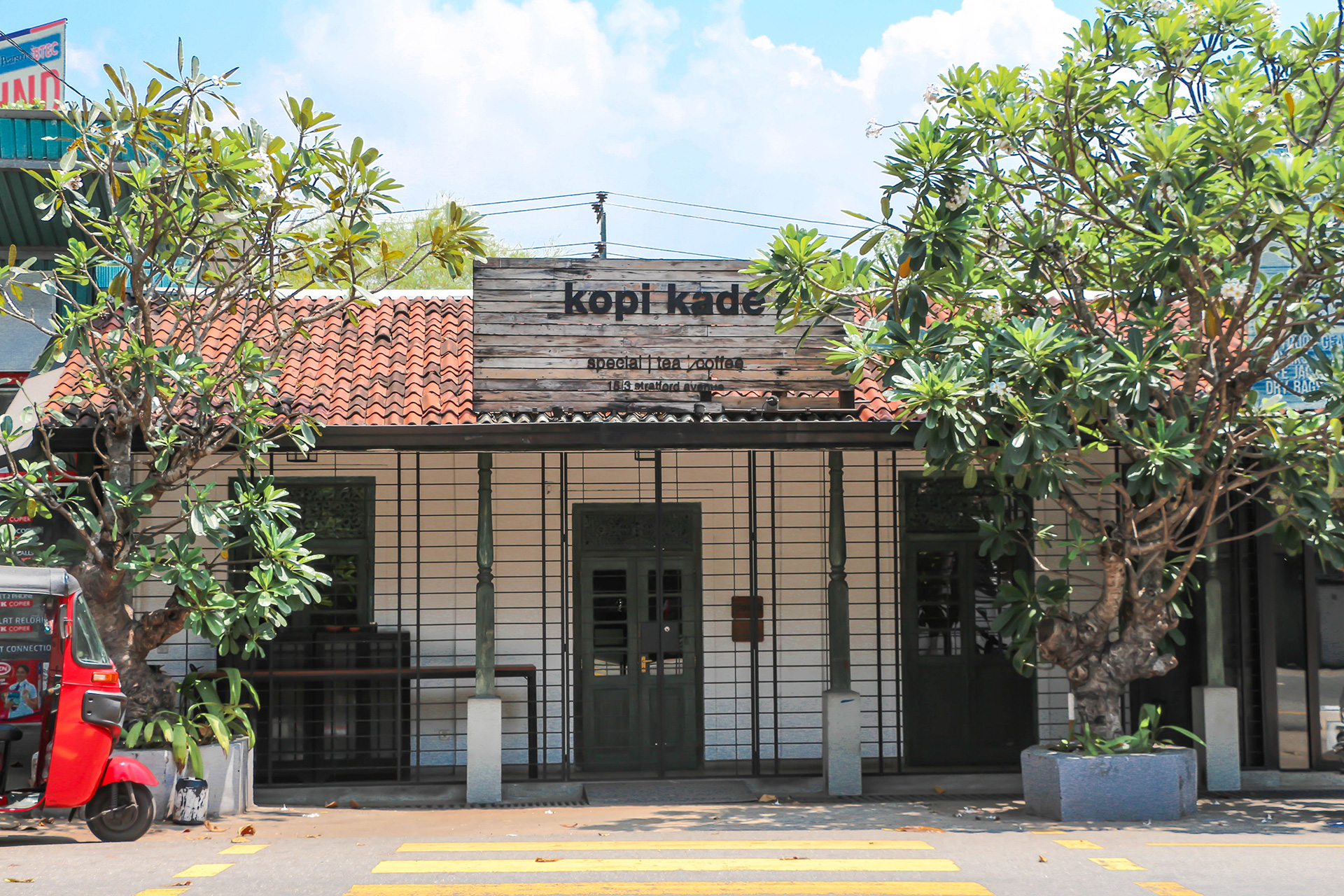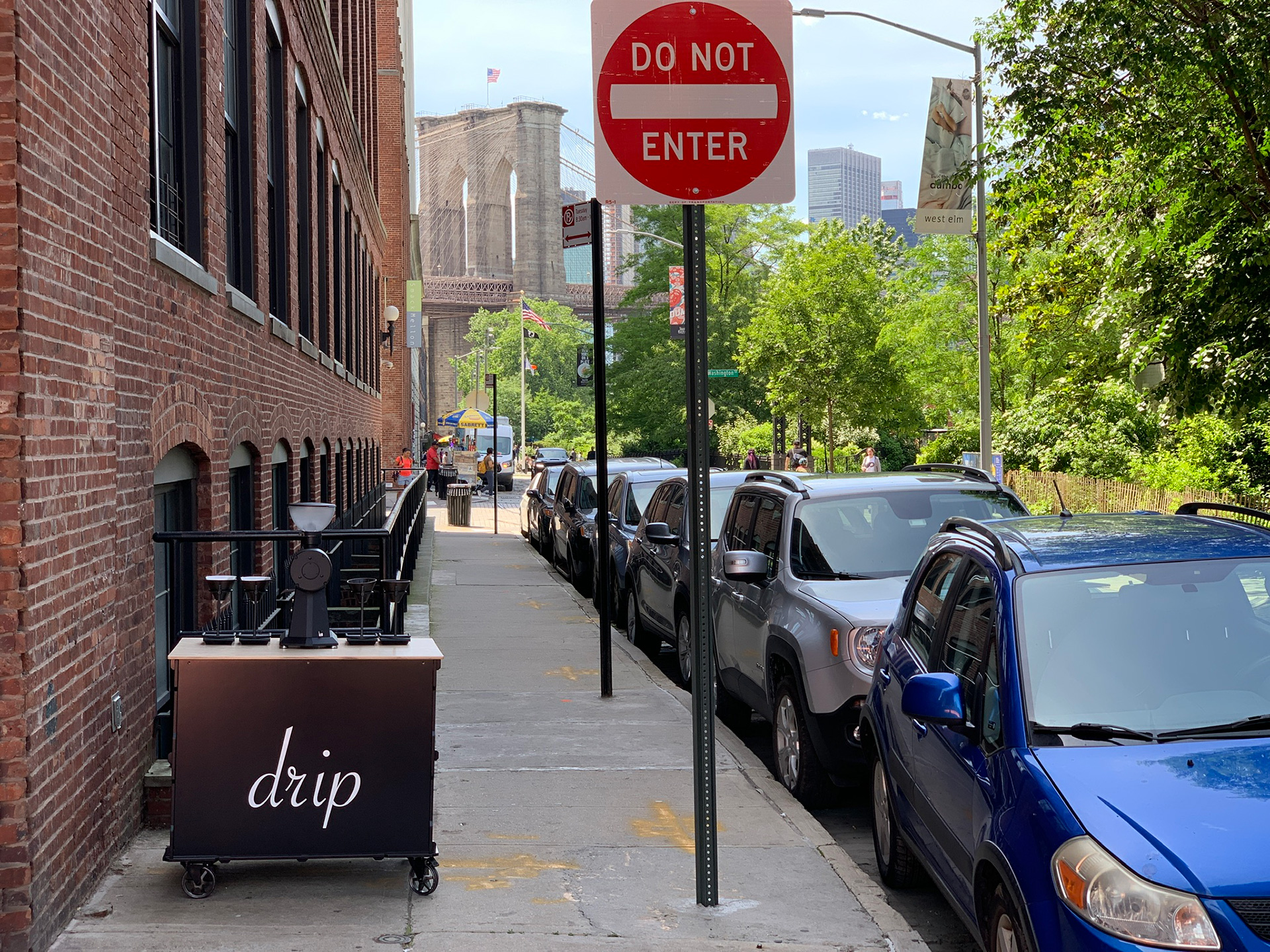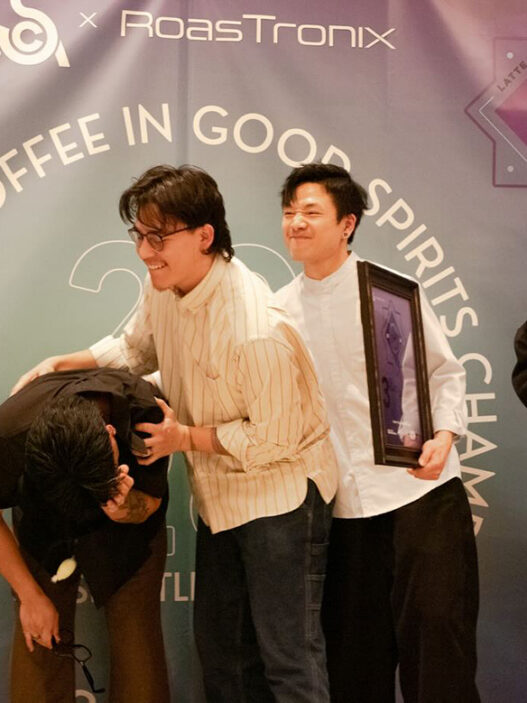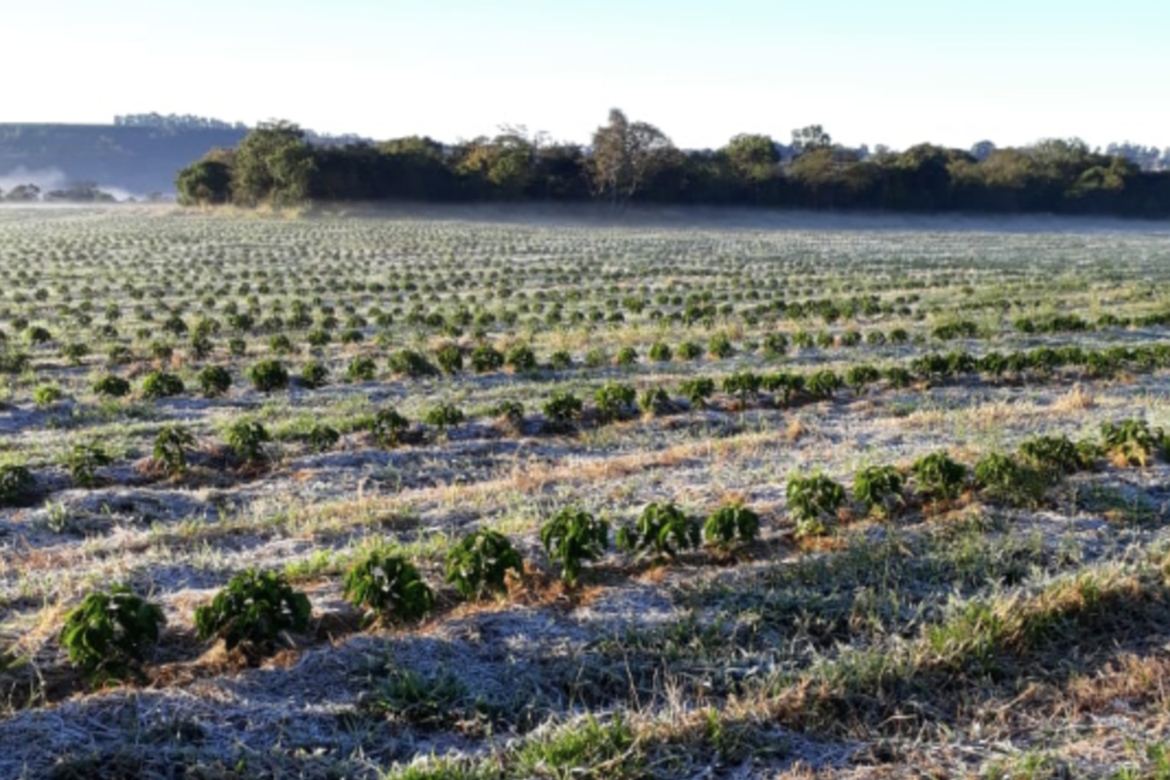
The frost that unexpectedly hit Brazil’s coffee farms last week took producers by surprise and caused the commodity C price to ripple briefly as concerns that it would affect the 2020 harvest were raised (and quickly deflated) by reports from within the country.
However, while most of the coverage from Reuters, Bloomberg, et al, was focused on the big commodity players (and, of course, the impact on investors), small specialty farmers were also in the cold front’s path, with fewer resources to cope with the sudden changes and more reliance on every last tree to produce.
Reached in Serra Negra, Brazil, agronomist and coffee consultant Jonas Ferraresso told Sprudge that nearly every farmer he spoke with had suffered some damage: “I received pictures and videos from many agronomists and farmers from different regions, and almost all reported frost damage.
“Even farms where the frost was not severe, the leaves were damaged by small fissures, which will increase [the risk of] disease spreading in the near future.”
Ferraresso said that, although this year’s harvest won’t be harmed, the effect on next year’s crop remains unpredictable as farmers will have to wait until the first rains in August to evaluate losses.
The cold snap hit just as industry leaders from around the world met in Campinas, Brazil, for the World Coffee Producers Forum, in part to address the global coffee price crisis. However, according to Ferraresso many of the small and medium farmers he has spoken with weren’t in attendance, with most unable to afford the admission price.
“We are in the middle of the harvest season in Brazil,” says Ferraresso, “so farmers are struggling to harvest their coffee in a not expansive way, and doing a lot of math to save money, and keep the farm running until next season.”
Fionn Pooler is a journalist based in Ann Arbor, Michigan, and the publisher of The Pourover. Read more Fionn Pooler on Sprudge.
Top image via Paranaíba Agora



